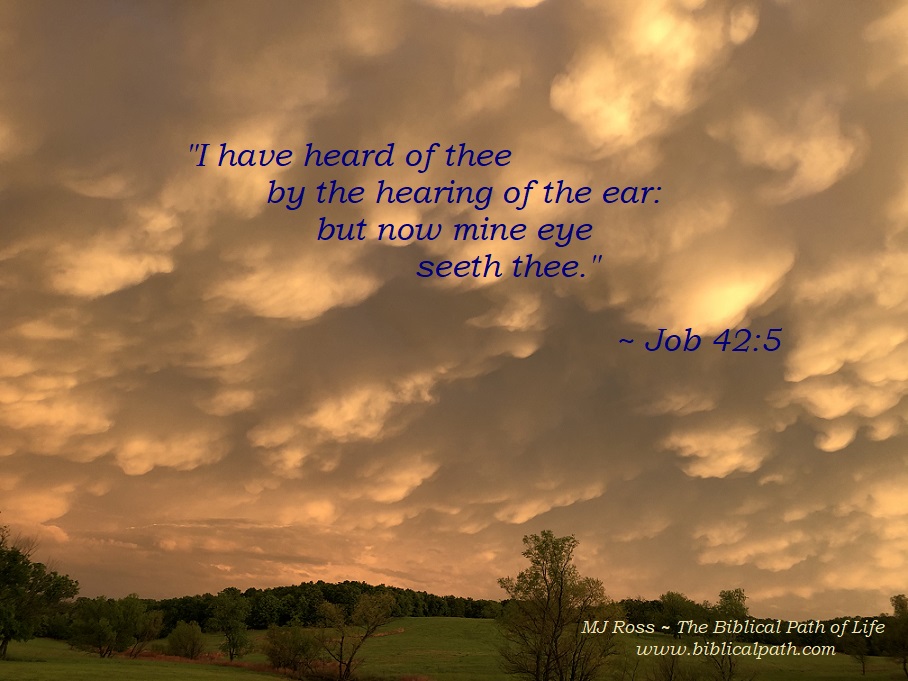
John 3:36
No one talks about the wrath of God anymore. What exactly is the wrath of God? It is mentioned most often in the New Testament. One clear understanding of it is found in the reading of Romans chapter one. In that chapter, one can understand that God’s wrath is holy and just in its indignation against sin. It is so much more than just anger at the willingness of people to continue in sin, it is extreme anger mingled with disgust or abhorrence of that sin.
Doesn’t God love people? See what Jesus said in the following verses:
- “For God so loved the world, that he gave his only begotten Son, that whosoever believeth in him should not perish, but have everlasting life” (John 3:16).
- “For God sent not his Son into the world to condemn the world; but that the world through him might be saved” (John 3:17).
- “He that believeth on him is not condemned: but he that believeth not is condemned already, because he hath not believed in the name of the only begotten Son of God” (John 3:18).
- “And this is the condemnation, that light is come into the world, and men loved darkness rather than light, because their deeds were evil” (John 3:19).
Why would God, who is known for His great love, condemn people? People condemn themselves because they have chosen to not believe in Jesus (the Light) and instead love darkness – because their deeds are evil. John summed up the consequences in the last verse of that chapter. It tells what becomes of one who does not believe that Jesus came to die and take away the sin of each individual who would only believe. “He that believeth on the Son hath everlasting life: and he that believeth not the Son shall not see life; but the wrath of God abideth on him” (John 3:36)
How can one escape the wrath of God? It is declared simply in the Scriptures: “9. That if thou shalt confess with thy mouth the Lord Jesus, and shalt believe in thine heart that God hath raised him from the dead, thou shalt be saved. 10. For with the heart man believeth unto righteousness; and with the mouth confession is made unto salvation” (Romans 10:9-10). In doing this, one must turn from idols (anything that is more important than God – including self) and serve the living God. One must also understand that Jesus, God’s Son, is the only One who can deliver one from the wrath to come. “9. For they themselves shew of us what manner of entering in we had unto you, and how ye turned to God from idols to serve the living and true God; 10. And to wait for his Son from heaven, whom he raised from the dead, even Jesus, which delivered us from the wrath to come” (1 Thessalonians 1:9-10). We are now waiting for Jesus to come and take us out of the world before the wrath of God comes. The book of Revelation gives us a glimpse into the wrath of God that will be unleashed upon the earth one day (not to mention in eternity for those who have already died in their sin). One only needs to read the chapters of fourteen and fifteen of Revelation to understand just how bad the wrath of God that will befall those left on the earth.
Now having understood from John chapter three that the wrath of God abides upon people who do not believe in Jesus, each person has a choice to make:
Believe on the Son and have everlasting life
Or
Believe not the Son and have the wrath of God abide upon them.
Have you made the choice to believe in Jesus, choosing life?








